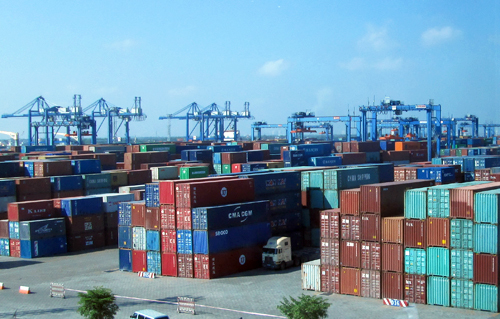Vietnamese government rejected Long Son Petrochemicals' tax hike proposal
LSP's proposed changes have raised concerns about potential repercussions for businesses not supplied by them. The Finance Ministry emphasized that the tax changes need serious consideration

The Vietnamese Ministry of Finance has dismissed a proposal by Long Son Petrochemicals (LSP) to raise the most-favoured-nation (MFN) tax on specific plastic products from 0% to 3%. LSP, the investor behind the $5.4-billion Long Son Petrochemicals Complex, advocated for a 3% MFN tax rate on imported polypropylene (PP) and polyethylene (PE) products, under HS codes 39029090, 39011092, 39012000, and 39014000, leading to disagreement with the ministry.
Currently, Vietnam imports 1.2 million tons of PP and PE annually under the existing MFN tax structure. LSP's proposed changes have raised concerns about potential repercussions for businesses not supplied by them. The Finance Ministry emphasized that "the tax changes need serious consideration as they may negatively impact businesses that are not supplied by LSP and imports of such products from nations without free trade agreements (FTA) with Vietnam."
To address the situation, the ministry has presented two solutions. The first involves setting the MFN tax at 2%, aligning with LSP's proposal, to uphold support commitments outlined in their investment registration certificate and bolster domestic sector development. However, concerns persist that this might lead to a minimal tax revenue increase, as companies may shift to importing from FTA partner countries instead of those in the Middle East.
The second proposed solution is to maintain the existing MFN tax rate, ensuring stability in prices and supplies. The draft document is open for opinions until 01 December 2023.
CommoPlast reported earlier that on 31 May 2023, the Vietnamese government reviewed and opted to retain the preferential import tariff for all PP and PE grades in primary form but continued to receive petitions from Long Son Petrochemical on the import duty revision.
